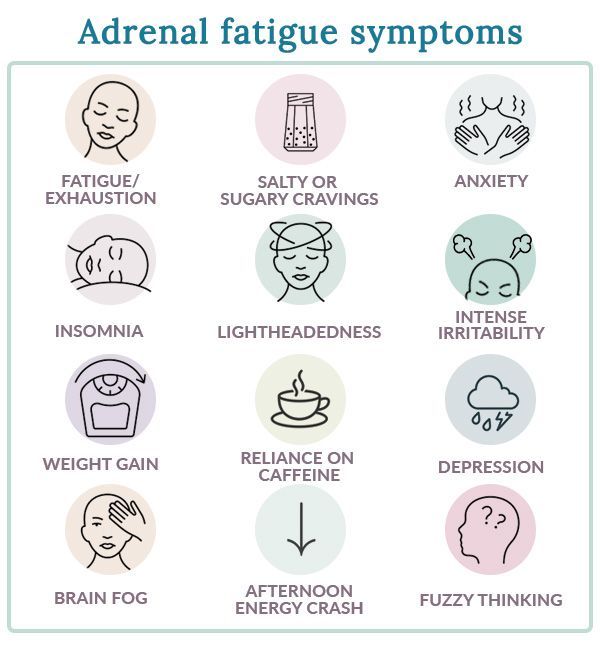Menopause is a natural biological process that marks the end of a woman’s menstrual cycles. It typically occurs in women between the ages of 45 and 55, although it can occur earlier or later. During this time, the body goes through significant hormonal changes that can result in a variety of physical and emotional symptoms.
Physical Symptoms
One of the most common physical symptoms of menopause is hot flashes, which are sudden feelings of warmth that can cause sweating and redness of the skin. Other physical symptoms may include night sweats, irregular periods, vaginal dryness, and changes in sleep patterns. Some women may also experience weight gain, hair loss, and a decrease in bone density.
Emotional Symptoms
Menopause can also have an impact on a woman’s emotional well-being. Mood swings, irritability, anxiety, and depression are all common symptoms that can occur during this time. Some women may also experience a loss of libido and changes in their overall sense of well-being.
Technological Solutions
Fortunately, there are a variety of technological solutions that can help women manage the symptoms of menopause. Wearable devices, such as smartwatches and fitness trackers, can help women track their symptoms and monitor their overall health. Apps and online resources are also available to provide information and support for women going through menopause.
Medical Treatments
In addition to technological solutions, there are also medical treatments available to help alleviate the symptoms of menopause. Hormone replacement therapy, medications, and lifestyle changes can all be effective in managing symptoms such as hot flashes, vaginal dryness, and mood swings. It’s important for women to discuss their options with a healthcare provider to determine the best course of treatment for their individual needs.
Conclusion
Menopause is a natural transition in a woman’s life that can come with a variety of physical and emotional symptoms. By understanding what to expect during menopause and exploring technological and medical solutions, women can better manage their symptoms and improve their overall well-being. It’s important for women to prioritize self-care during this time and seek support from healthcare providers and loved ones.
